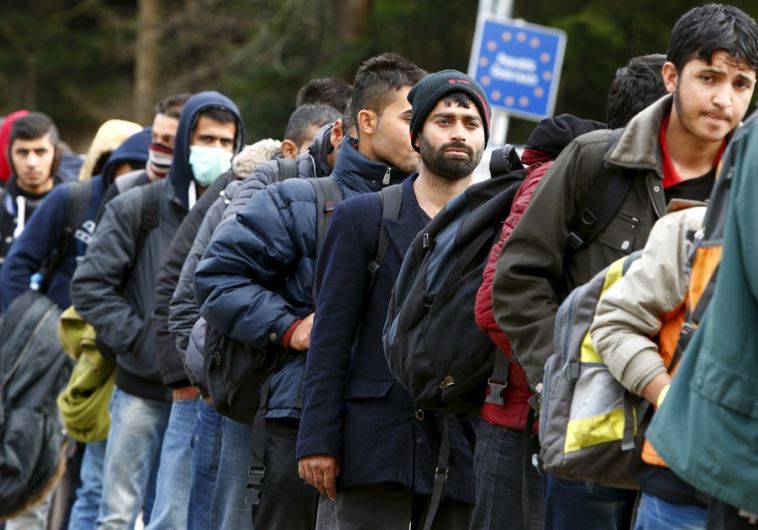As Europe faces Syrian refugee crisis, Gulf States slammed for not taking in Arab brethren
Human rights activists have been sternly critical of Gulf leaders, blaming them for turning their backs on their Arab brothers.
 Migrants stay in a queue before passing the Austrian-German borderUpdated:
Migrants stay in a queue before passing the Austrian-German borderUpdated: